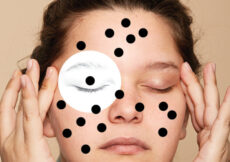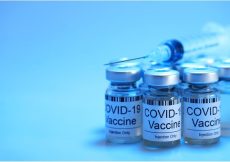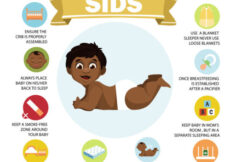A new study reports that selective impairments in regional fetal brain growth predict adverse cognitive, language and motor outcomes in infants with congenital heart disease. Interestingly, larger fetal ventricular volumes were associated with early autistic features. Findings from the study will be presented during the Pediatric Academic Societies (PAS) 2022 Meeting, taking place April 21-25 in Denver.
Fetuses with complex congenital heart disease are at heightened risk for impaired prenatal brain development. However, the relationship between altered in-utero fetal brain growth and infant neurodevelopmental outcomes in congenital heart disease remains largely unknown.
The study found that infants with single-ventricle congenital heart disease showed greater susceptibility to social-emotional problems compared to those with two-ventricle congenital heart disease. These data suggest that prenatal brain growth impairments serve as an important biomarker for later neurodevelopmental dysfunction.
Congenital heart defects are the most common birth defect, and many babies undergo their first surgery shortly after birth. Thanks to modern medicine, many of these children are not only surviving; they’re thriving. That makes it all the more important to understand whether delayed fetal brain development during pregnancy may affect these children’s neurodevelopment as they grow older. Our research team enrolled 186 fetuses with heart lesions in this study, using sophisticated imaging to answer that question. In this study we show that impaired brain growth in the womb can predict worsened language, cognitive and motor outcomes by the time infants are 18 months old.”
Yao Wu, Ph.D., Developing Brain Institute research faculty and lead author of the study
Catherine Limperopoulos, Ph.D., Developing Brain Institute chief and director and senior author of the study added: “By the time children who survive a fetal congenital heart disease diagnosis enter school, they can experience impaired social and communication skills, as well as difficulty with decision-making and paying attention. Our study adds to the growing body of evidence that points to the need to identify early preventive and/or therapeutic strategies to offset these neurodevelopmental delays so these children live longer, healthier lives.”
Dr. Wu will present “Impaired Prenatal Brain Growth Predicts Adverse Neurodevelopmental Outcomes in Infants With Congenital Heart Disease” on Saturday, April 23 at 10 a.m. MDT. Reporters interested in an interview with Dr. Wu should contact [email protected]
The PAS Meeting connects thousands of pediatricians and other health care providers worldwide. For more information about the PAS Meeting, please visit www.pas-meeting.org.
Source:



































